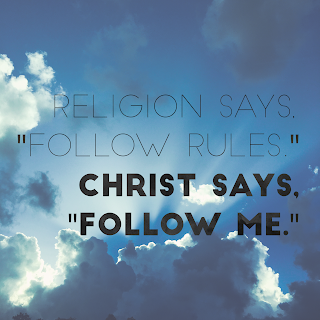This is a repost, but I thought it was good for those going to ACFW this year...a GREAT chance to build community! --Angie
If I never get published or win a contest, I have not traveled this writing road in vain. The friendships and people I've found along the way have blessed me more than a contract could, I am sure (although it'd be super nice to have one.;) ) Honestly, and I am a pretty transparent gal, the friendships I've found as I build my career, are priceless.
That being said, I have also discovered how community makes me a better writer. Community is of utmost importance in this writing venture, and looking at what has come from the nerve to call myself a writer, and to build a business without a "boss" (except the big One above), I can see how important relationships are as I build my career. I'll try and share some things I've discovered that have me look back and realize how my interactions with others equip me, and them, for the rest of the journey:
RELATIONSHIPS OFFER DIRECTION: First, you've got to get the word out there that you are even writing. I was shy to mention the thing I blew off as a "pipe-dream" when I first started, but if you've written words and you've cast a vision, then there is no reason to hide this calling. The thing is, I can hardly think of a time when I've taken that leap and declared myself as "a writer"that some kind of direction, for me or someone else, hasn't come from it. Whether it be a comparable book suggestion to what I'm writing or a connection to the local author I had no idea about, community is an important setting for this journey.

For instance, I sat in a Bible study the other day, with women I didn't know, and thought to myself, "I have nothing in common with these people...what am I doing?" And then, I mentioned my writing, and a gal spoke up saying her husband was hiding away his talent and didn't know where to connect. Of course, I was a fountain of words at that point--gushing about ACFW and the Genesis contest. If I hadn't been open about my calling, and if that gal didn't have the courage to speak on behalf of her husband, we wouldn't have seen the amazing serendipity of sitting together and watching plans unfold. Her husband entered the contest...and is planning on going to conference this year! And, I have a new friend who supports me in my own journey since she understands the calling to write.
RELATIONSHIPS OFFER TOOLS: This extends from my last scenario. Wowsers. Relationships with writers and non-writers are huge in discovering the effectiveness, or ineffectiveness, of the many tools that can be used for building your career. Yesterday, I learned the big scary (now, not-so-scary) world of website building--thanks to a casual conversation with a friend, but also the relationships I've made in networking, at conference, and my good ol' Facebook friends who are always willing to share if I ask.
When I first stepped into the world of writing, I found the best tools were critique groups through ACFW, a critique partner, and contest feedback. All the while, I was building relationships with others and discovering some best friends along the way. But if I was alone in this, and didn't have that support, I doubt I'd have a career needing tools at all.
RELATIONSHIPS OFFER MOTIVATION: This past weekend. I sat with two new-ish friends who are quickly becoming near and dear to me. And while we are each on different ventures toward a certain success (one friend is a health coach, and one is a direct-sales consultant), the encouragement, knowledge, and wisdom I received from opening up about my own dreams, revived my motivation for this not-for-the-faint-of-heart journey.
This is also how I feel after spending time with my AlleyCats who lift me up out of the deepest pits. And, it's also what I find after the end of another ACFW conference where I've surrounded myself with growing relationships and amazing people.
Please don't misunderstand me, I don't start relationships with the intent of finding what's in it for me. But because of the initial step toward community and friendship, I see the surprising fruit and harvest that comes from linking arms with like-minded people, both for me, and hopefully for them!
Do you have an example of a time when you "clicked" with someone and discovered help along the way of this writing journey?
*************************************************************************************************************
Angie Dicken is a full-time mom and lives in the Midwest with her Texas Aggie sweetheart. An ACFW member since 2010, she has written six historical novels and is represented by Tamela Hancock Murray of The Steve Laube Agency. Angie also spends her time designing one-sheets and drinking good coffee with great friends. Check her personal blog at
angiedicken.blogspot.com and connect at:








































